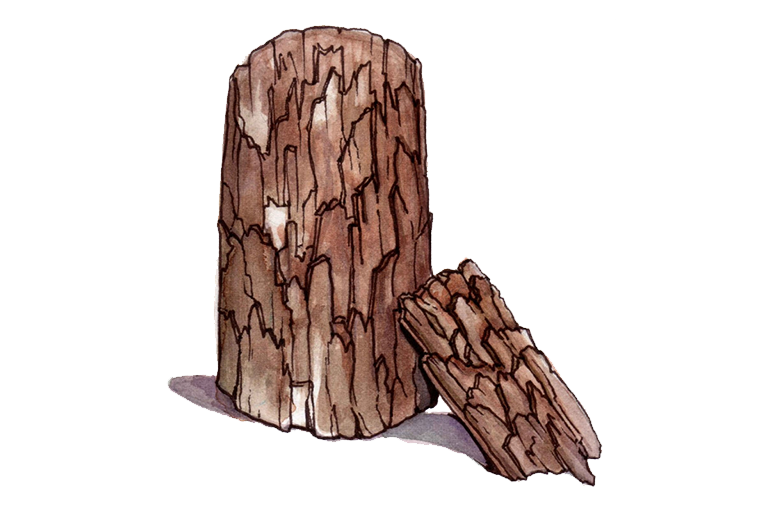
Common Names
- African plum tree
For Patients & Caregivers
Tell your healthcare providers about any dietary supplements you’re taking, such as herbs, vitamins, minerals, and natural or home remedies. This will help them manage your care and keep you safe.
Pygeum may relieve symptoms of benign prostatic hypertrophy (BPH), but its effects following long-term use are not known.
Pygeum extracts have been used in traditional medicines for prostate gland inflammation, urinary problems, and other conditions. Several compounds in pygeum may reduce inflammation by stopping the production of prostaglandins, which are indicators of inflammation in the body. These compounds may also work together to reduce testosterone levels in the prostate. Although several small clinical trials suggest benefit, larger trials are needed to confirm safety and effectiveness.
- To treat benign prostatic hypertrophy (BPH)
Several clinical trials show that pygeum is effective for urinary symptoms in patients with BPH, but long-term effectiveness and safety are not known. - To reduce inflammation
Laboratory studies show that chemicals in pygeum have anti-inflammatory effects, but human data are lacking. - To improve sexual performance
No scientific evidence supports this use.
- Nausea
- Stomach upset
Special Point:
- When used for benign prostatic hypertrophy (BPH), it may take several weeks to see any beneficial effects.
For Healthcare Professionals
Derived from the tree bark, pygeum extracts are traditionally used to manage lower urinary tract symptoms associated with benign prostatic hypertrophy (BPH) (1). In vitro and in vivo studies indicate that pygeum extracts have bactericidal and fungicidal activity (2), antagonize the androgen receptor (3), and have antiproliferative and apoptotic effects against prostate cancer cells (4) (5) (6) (7).
Clinical studies suggest effectiveness of pygeum (8) (9) (10) (11) and formulations containing pygeum and other herbs (12) to improve urinary symptoms associated with BPH. However, additional larger studies are needed to demonstrate usefulness of pygeum compared with standard treatments in current use for BPH.
- Benign prostatic hypertrophy (BPH)
- Inflammation
- Sexual performance
Pygeum antagonizes 5-lipoxygenase metabolite production, and this action may contribute to its anti-inflammatory effects (15). Antimicrobial effects have been linked to inhibition of IL-7 mRNA expression (2).
The isolated compounds atraric acid and N-butylbenzene-sulfonamide were identified as androgen receptor antagonists, which play an important role in the development of prostate diseases (16).
Antiproliferative and apoptotic effects of pygeum on prostate fibroblasts and myofibroblasts are due to downregulation of transforming growth factor B1 and inhibition of fibroblast growth factor 2-specific signaling (6).